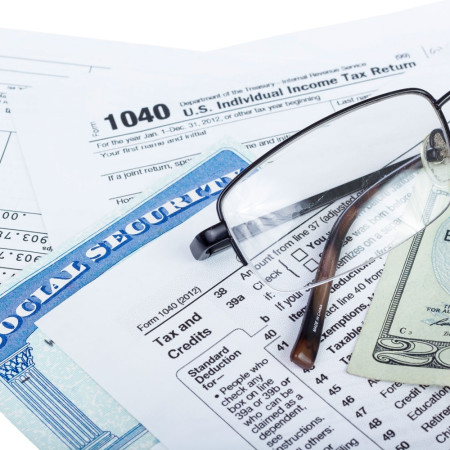While owning a foreign bank account is not illegal, failing to declare its existence is against the law.
Nobody enjoys paying income taxes. Most business owners grumble a bit about their tax bills, find legal ways to minimize them and resign themselves to sending the government more than they would like. For some people, this isn’t enough. They look for ways to avoid paying U.S. income taxes even if it means breaking the law. A common tactic is to open a foreign bank account, conduct business through that account and not declare the existence of the account to the IRS at tax time.
While owning a foreign bank account is not illegal, failing to declare its existence is against the law. With bank secrecy laws crumbling around the world and the IRS pursuing tax evaders aggressively, the odds are far greater that you will be caught sooner rather than later. If you are caught, there are significant legal and financial consequences. Even if you had no intention of violating the law you may have inadvertently done so if you were unaware that even small accounts need to be declared.
So what if you want to break with the mistakes of the past and come clean? Well, Uncle Sam is willing to cut you a break—but like all good things in life, this opportunity won’t last forever.
In 1990 the U.S. Treasury Department created the Financial Crimes Enforcement Network, known as FinCEN. Their mission is to “enhance U.S. national security, deter and detect criminal activity, and safeguard financial systems from abuse by promoting transparency in the U.S. and international financial systems.” FinCEN is tasked with identifying and bringing to justice those that evade income taxes through the use of clandestine foreign accounts. In early 2011 FinCEN released final regulations related to Foreign Bank Account Reporting or FBAR. These regulations went into effect on March 28, 2011 and are available here.
How do I know if I need to comply?
If you own or have “signature authority” over one or more bank accounts in a foreign country worth more than $10,000, then you need to comply. Even if the accounts were worth more than $10,000 for just a day, you need to comply. The regulations define “signature authority” as being able to “control the disposition of money or other property in the account by delivery of a document containing his signature to the bank or other person with whom the account is maintained.”
Go to the article: How To Declare Foreign Bank Accounts To The IRS
